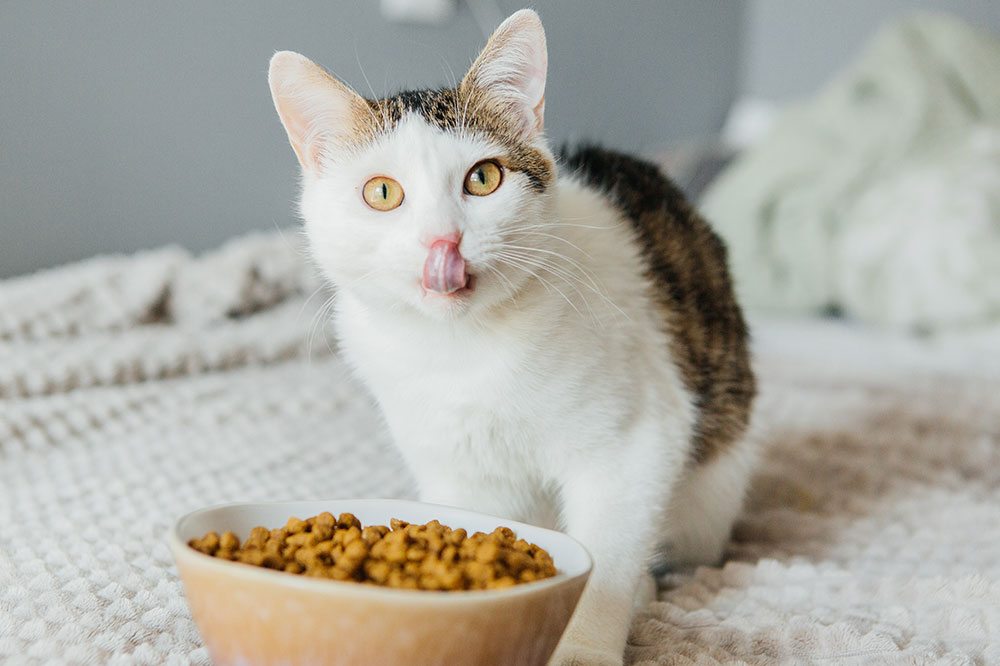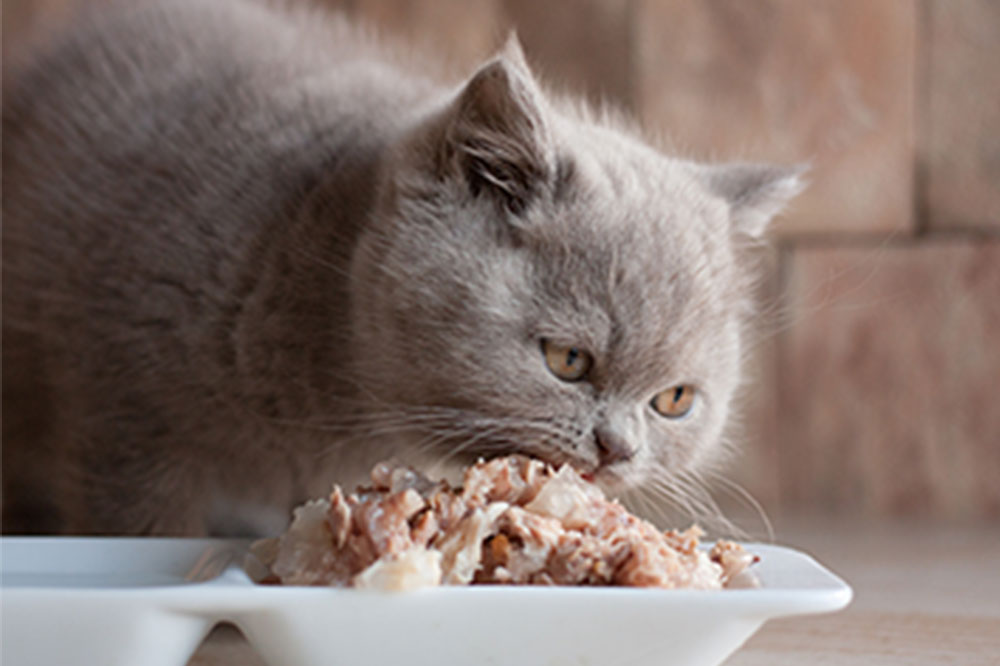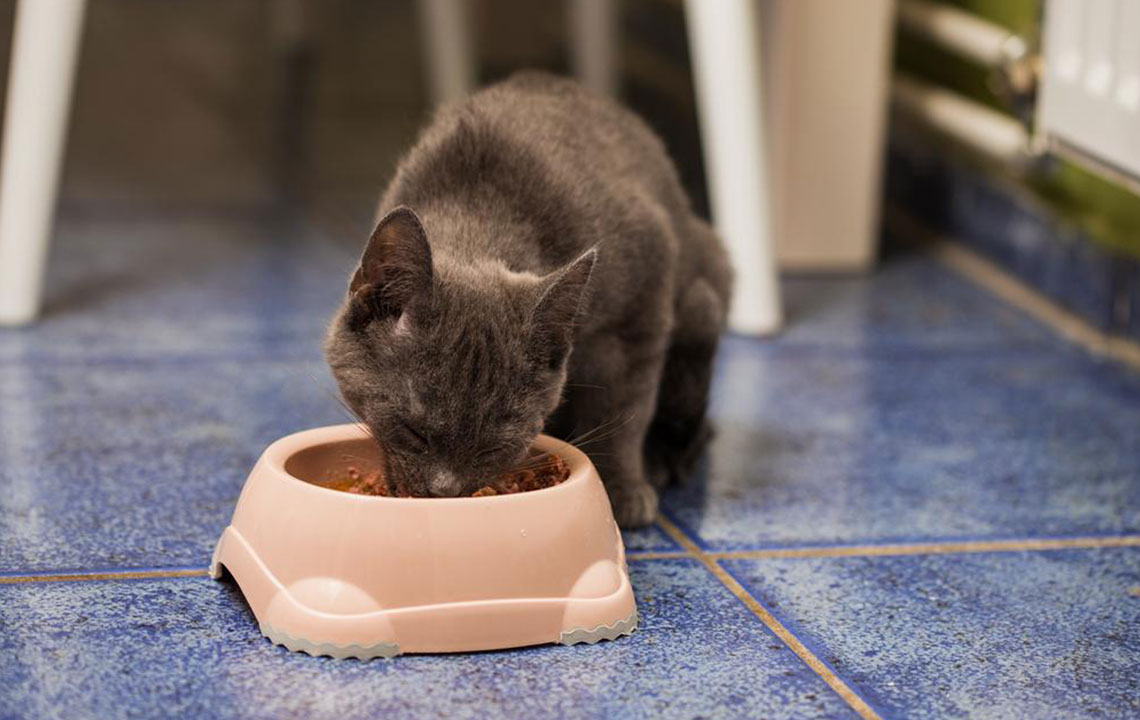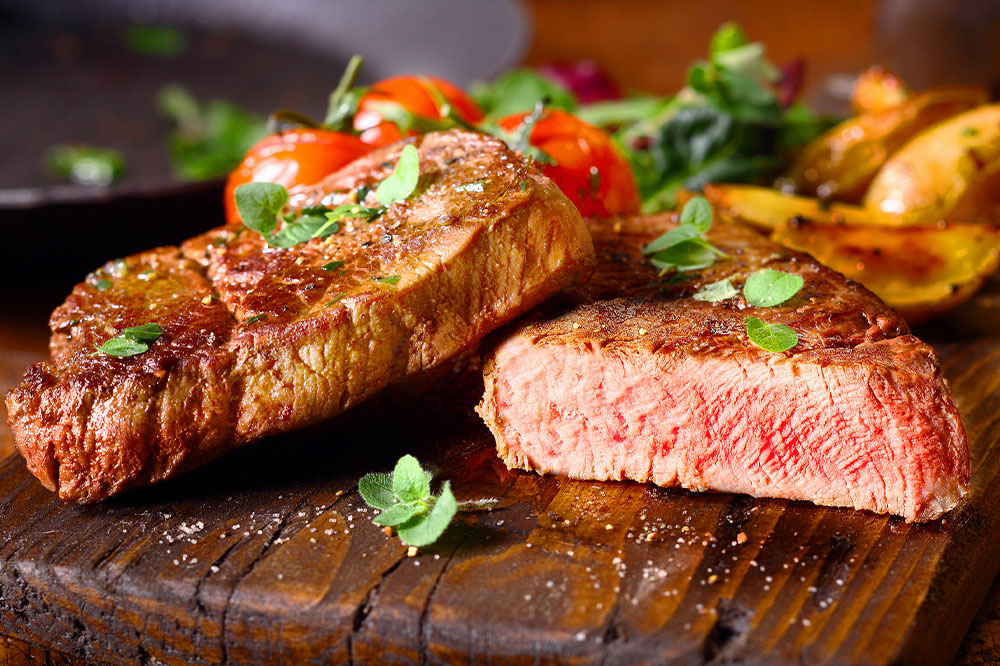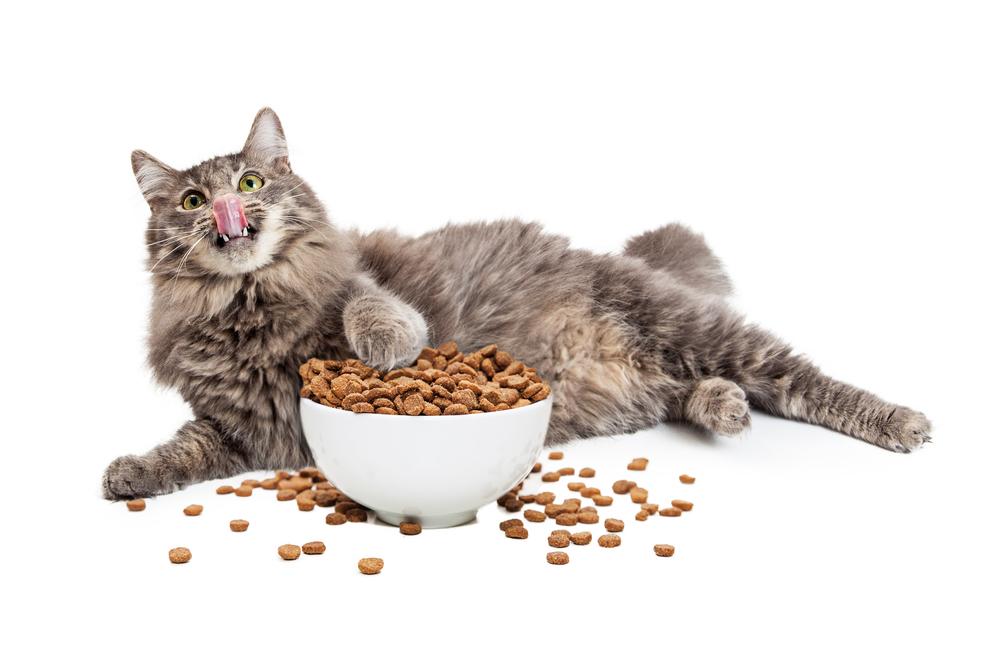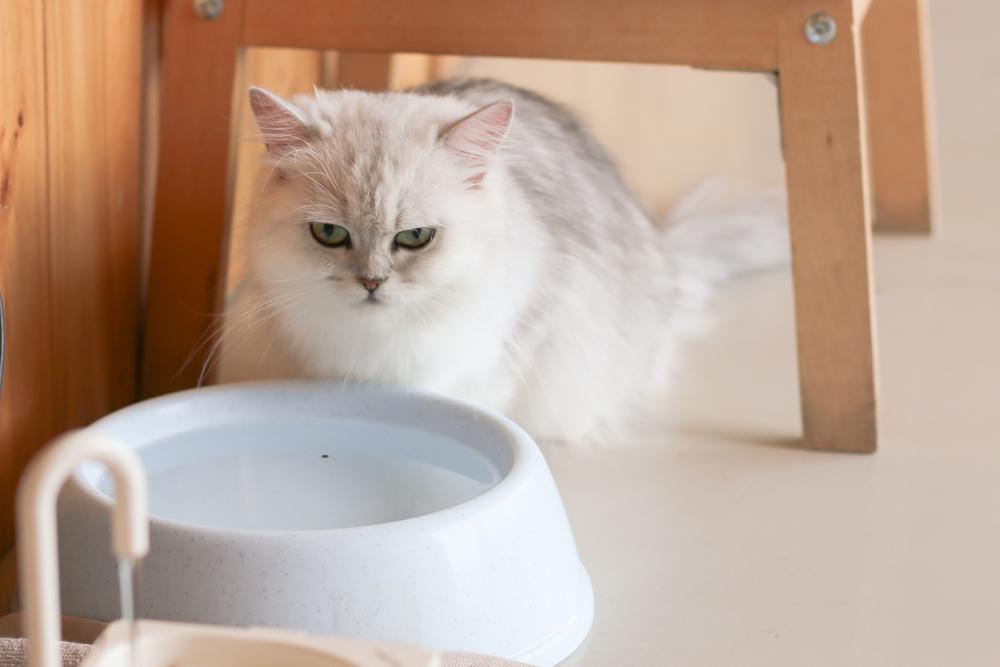Essential Guide to Choosing the Perfect Cat Food
This comprehensive guide helps cat owners understand essential nutrients, ingredients to avoid, and the benefits of wet versus dry food. By making informed choices, pet owners can ensure their cats receive a balanced and safe diet promoting overall health and happiness.
Sponsored
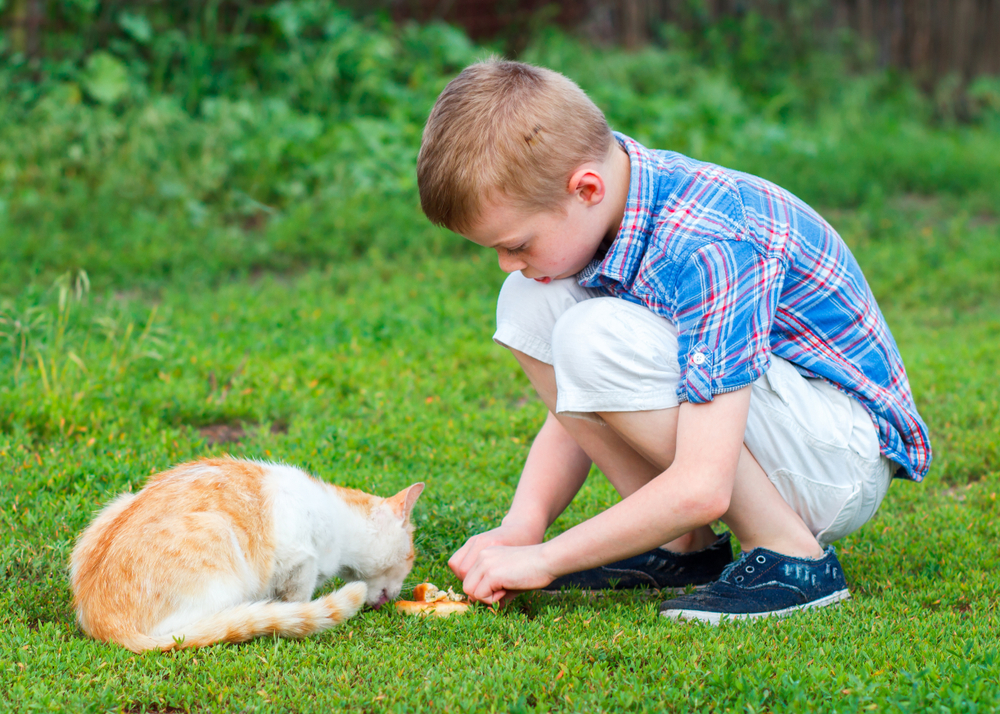
Selecting the right cat food is a key concern for pet owners. It's important to understand which ingredients promote health and which could be harmful. By reading labels carefully, you can assess the quality of the food you purchase for your feline friend.
Sticking to a single trusted brand is often recommended, but homemade options are also worth exploring. Many cats prefer wet food, and fish-based ingredients are usually favored, offering cost-effective alternatives to expensive brands.
Whether buying commercial products or preparing homemade meals, ensure the food provides sufficient nutrients and calories. Understanding vital ingredients helps in selecting the best diet for your furry companion.
Key Nutrients in Quality Cat Food
Cats require specific nutrients to maintain vitality. Essential vitamins, minerals, fats, proteins, and oils must be balanced in their diet. Proper ingredient composition in appropriate quantities ensures health and energy.
Consult your veterinarian to determine the right amounts.
Fats
Fats are a dense energy source, but excessive fat intake can lead to obesity. A vet can advise the correct amount to support your cat’s health.
Proteins
Proteins are crucial for growth and muscle maintenance. Too little protein can cause weakness, while too much may impact kidney health. The optimal protein level is vital for your cat’s well-being.
Amino Acids
Amino acids support protein synthesis and energy production. Since some amino acids are only found in meat, including meat in your cat’s diet is essential, but red meat should be limited due to potential health risks.
Ingredients to Avoid in Cat Food
Certain ingredients can be harmful to cats and should be avoided.
Tuna
While cats love fish, tuna may not meet all nutritional needs and can lead to mercury poisoning if consumed excessively. It’s best to limit or avoid tuna in cat diets.
Grapes and Raisins
Offering grapes or raisins as treats can cause kidney failure in cats. These should never be included in pet diets.
Raw Eggs, Meat, or Fish
Feeding raw eggs, meat, or fish poses bacteria risks and may contain harmful substances. Properly cooked foods are safer for cats.
Dry vs. Wet Cat Food
Choosing between dry and wet food is common among cat owners. Wet food generally offers better hydration and palatability. Consult your vet and observe your pet’s preferences to select the most suitable option for a happy, healthy feline.

